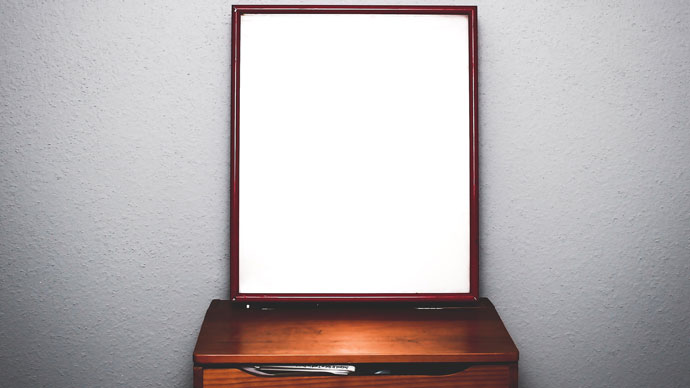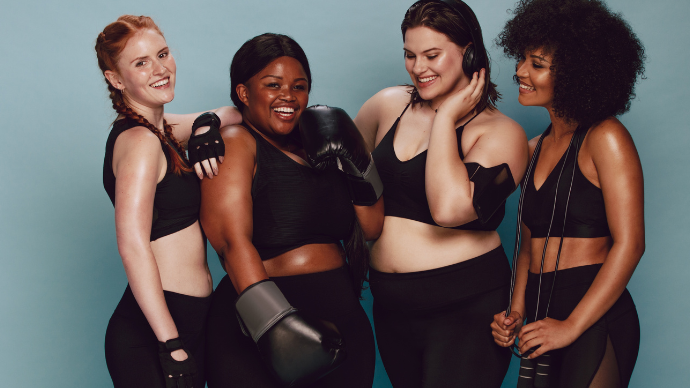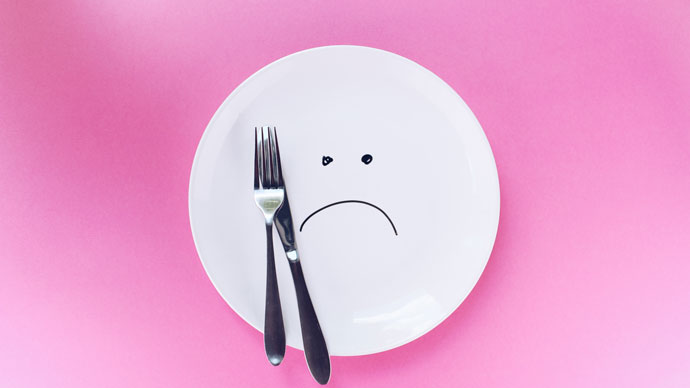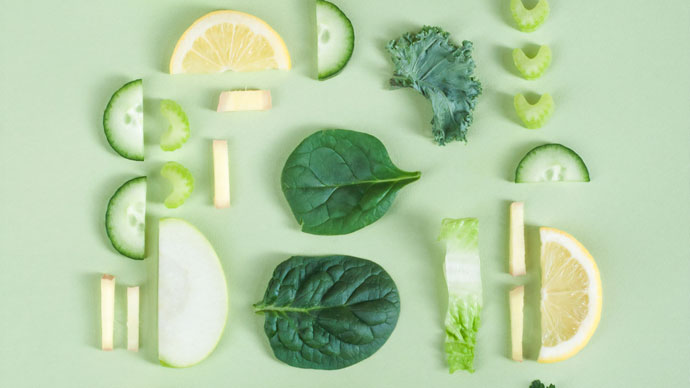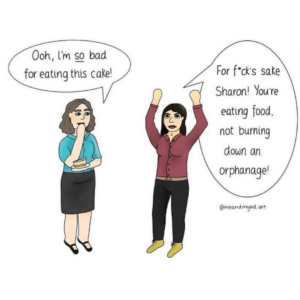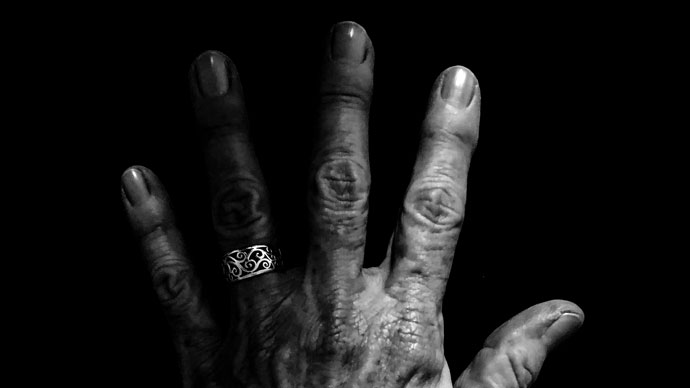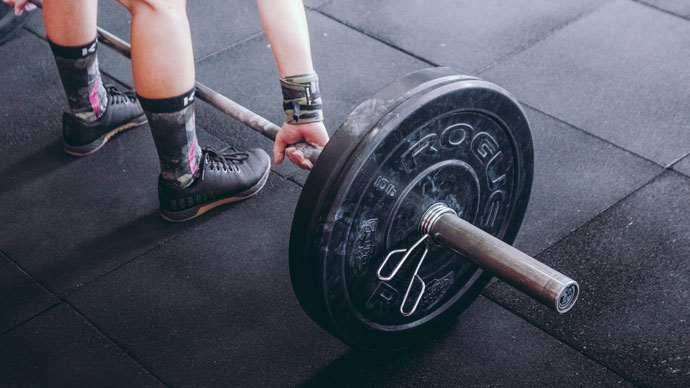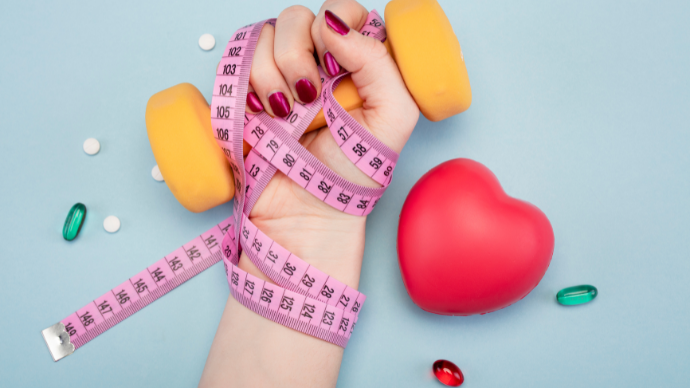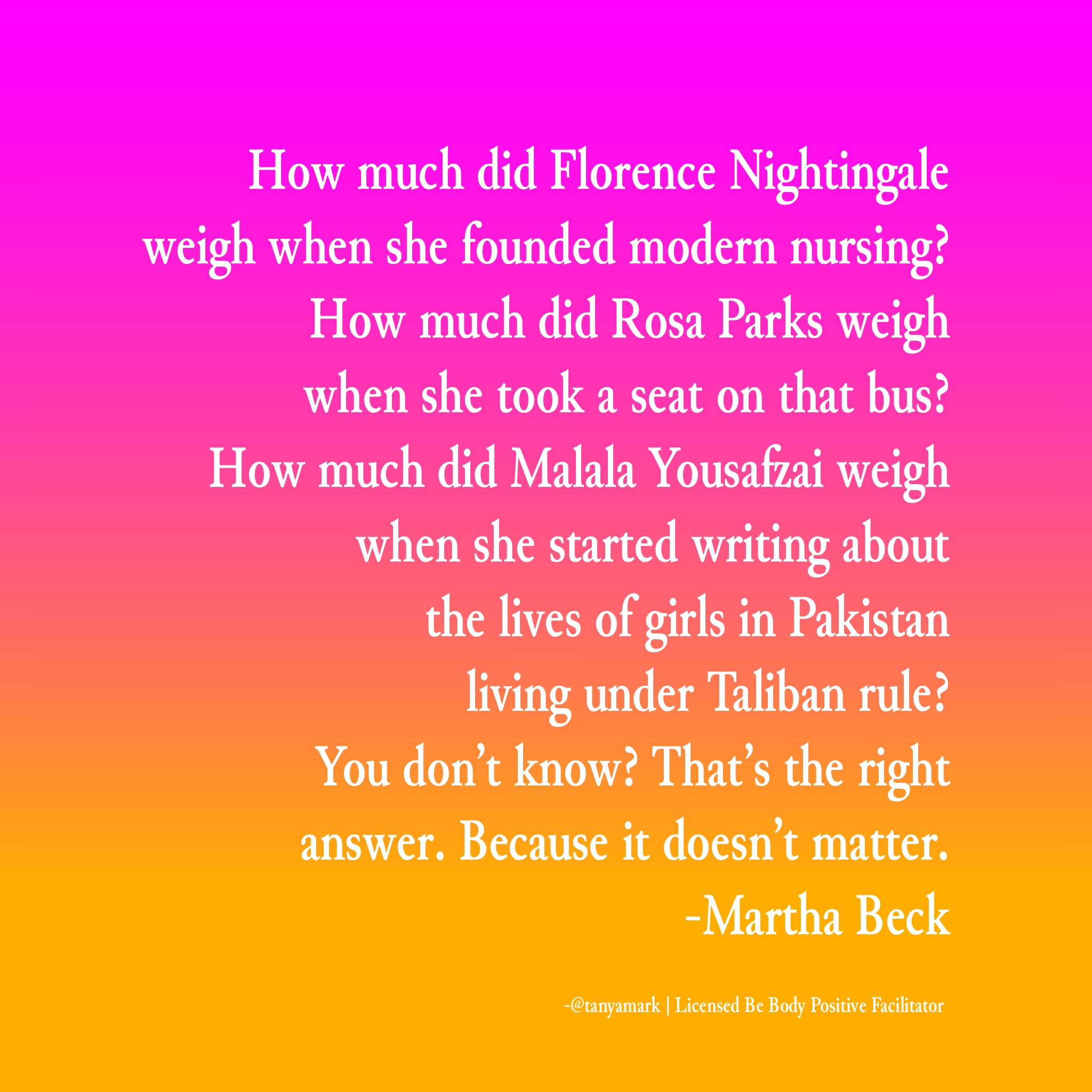Your thighs are too big.
Your belly isn’t flat.
You have too many wrinkles.
Your stretch marks are ugly.
Your grey hairs make you look old.
Your cellulite is hideous.
Millions of women hear hurtful statements like those when they look in the mirror.
I was one of them. These were my statements. I bet they’ve been yours, too.
According the Institute for the Psychology of Eating, 97 percent of women dislike their bodies on an average day. Body dissatisfaction is so common it’s the norm.
That is a problem.
“The pressure to measure up to the American beauty ideal — thin, firm, smooth and young — is greater than ever before,” according to a Psychology Today article, “A Duty to Be Beautiful,” by Heather Widdows. It’s become normal to partake in the dizzying number of beauty products and procedures available to us. And as more and more of us engage in beautifying, those women who don’t may feel like their bodies are not OK as is.
Redefining beauty isn’t about choosing to participate in beautifying or not. Instead it’s about creating a cultural shift in how beauty is defined and how our self-worth as women is defined.
Over the decades, cultural beauty ideals have changed to include almost all body types, but it hasn’t been since the Renaissance that women’s natural bodies were viewed as beautiful.
Can we reclaim our natural bodies? And can we be more than our bodies?
Yes, we can. And it’s time we do.
To help us create that shift I examined research from two body image experts, Lindsay Kite, who holds a doctorate and runs More Than A Body and Renee Engeln, body image researcher, professor at Northwestern University and author of “Beauty Sick.”
“The message that ‘all women are beautiful, flaws and all’ is really nice. But it isn’t fixing anyone’s body image issues,” Kite wrote. “That’s because women are not only suffering because of the unattainable ways beauty is being defined. We are suffering because we are being defined by beauty. We are bodies first and people second.”
Engeln said messages that tell us that our looks matter more than our actions keep us tied to the mirror. The more space our physical appearance takes up in our heads, the less time and emotional energy we have left for living the rest of our lives.
That preoccupation of trying to attain unrealistic beauty standards causes increased anxiety, worry, feelings of failure, lowered self-esteem, disordered eating, relentless dieting and exercise obsessions, mental and physical health issues and overall diminished well-being, Widdows writes.
But we can change. We can unwind our culture’s beauty ideals from our self-worth. Two research-based body image strategies show us how.
Shift Your Compliments
First, shift your compliments to traits other than physical appearance. That may take more practice than you think.
My sister recently sent me a photo that captured the personality of my niece. She was lifting up her homecoming dress to show her Under Armour athletic boy shorts, a testament to her unique and funny character.
My natural reaction was to say how pretty she looked in her dress. Instead I said I loved her sense of humor and how feminine and strong she is.
Engeln recommends that we create a household where we don’t talk about appearance, though not because complimenting someone’s appearance is bad. Rather, the practice of complimenting someone for who they are and how they contribute to the world shifts the focus of worth off of appearance.
If you’re a mom who wants to break the body shaming cycle but is feeling behind, Engeln said it’s never too late to start. And don’t be afraid of messing up.
“Sometimes it’s hard,” Engeln said of this practice she’s been working on with her niece. “But I always try to correct it if I slip up.”
Curate Your Media
Second, be aware of the media you consume. Does what you watch, read or view help you feel good and empowered as you are? Or are you left feeling less than or not enough?
Notice if you find yourself comparing yourself with the before-and-after images on social media or clicking on the “how to get ripped abs in five days” articles or admiring the beauty ideals portrayed on the latest Netflix series.
The Beauty Redefined blog, penned by Kite and twin sister Lexie, beautifully described the problem of comparison.
“Self-comparison divides and conquers us, tricking us into seeing each other as enemies instead of allies and bodies instead of souls. When we mentally remove ourselves from the competition for beauty and attention that pits us against each other, we can finally unite in empathy and sisterhood.”
Clear out messages of body perfection and make room for body positive affirmations.
Even as a body image movement global ambassador, I still sometimes compare myself with unrealistic beauty ideals. But my thinking has changed. It’s not that I love my stretch marks and cellulite or think my wrinkles are beautiful. But I don’t hate them either. I just … think they’re human.
Let’s redefine beauty. And let’s be more than our bodies and beauty.
I want to apologize to all the women
I have called pretty.
Before I’ve called them intelligent or brave.
I am sorry I made it sound as though
something as simple as what you’re born with
is the most you have to be proud of
when your spirit has crushed mountains.
From now on I will say things like, you are resilient
or, you are extraordinary.
Not because I don’t think you’re pretty.
But because you are so much more than that.
— Rupi Kaur
Like yourself. Be a rebel.


